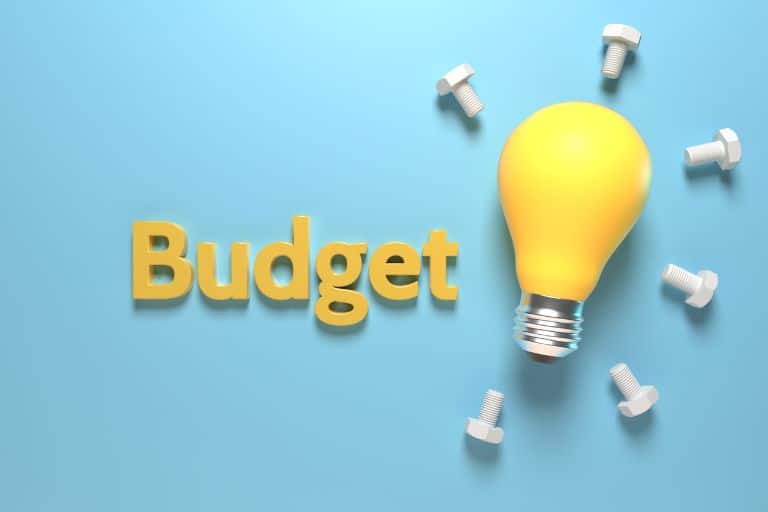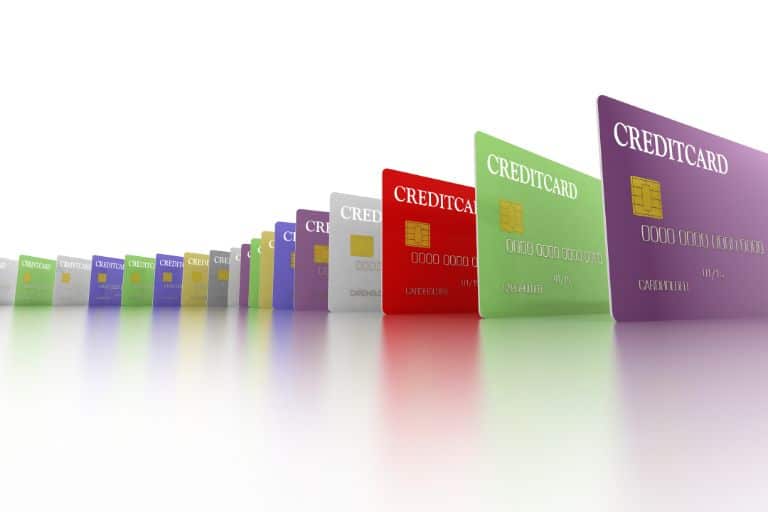Groan. A money management worksheet? Tap, tap, tap as your card hits the card reader. All is well with the world. Ooh new shiny goodies. Ping. A text message. It’s from your bank advising that you’re using your overdraft. Bum. But. Never fear; you won’t incur charges as you’re within your overdraft limit. Phew. Thank heaven for small mercies. That is until you hit the next shop…
This wee scenario is just one of the reasons you need a money management worksheet!
For budgeting, investing, and getting out of the rat race, you need to have a scoobie of your money starting point.
Now let’s look at those other 5 reasons.
1. MINDSET – GETTING READY FOR MONEY BUDGETING
Is it just me? Loading up a money management worksheet, be that Excel or Google sheets, makes my heart rate rise. I know I’ve got to tackle those darn figures but trepidation doesn’t cover it.
Money mindset is a beast that can take you down a rabbit hole that you can’t find your way out of. Even more so for some women, myself included, as dealing with money has them running for the hills. And, I fess up, for me, wanting to do more interesting things with my time, rather than fire up my laptop, get that worksheet open, input and cross-check incoming and outgoing spondoolies.
The synopsis is that it is SO important that you engage, take notice and create a plan of action for your financial present AND financial future.
2. KNOW YOUR WORTH – INCOME V EXPENDITURE
Dunno about you, but I’m very good at clocking the income, not so much the (yawn) expenditure part.
Although you can, of course, create your own money management worksheet, there are also ready-made ones you can download. Check out these money budget planners from Moneysavingexpert and MoneyHelper.
If you still decide you’d prefer to create your own, then at least you’ve got a guide on the framework to use.
Many banks provide a pie chart or graph of your expenditure so you get a ‘visual’ overview of where your money is going. If 30% of it is to Starbucks, I’d suggest you’d be better off investing in a coffee machine and opting for a BYO #justsaying
If you discover that you’re overspending and can’t see a way forward, touch base with your local Citizens Advice Bureau to see if you can get some assistance with your finances. Ignoring the reality of your situation only builds up anxiety and stress and can lead to sleepless nights alongside an impact on your mental health. Once you take control, things might not be as bad as you think.
3. CREDIT CARD REALITY CHECK
A great way to get an overview of your credit card or cards plural (and to see what it is really costing you), is to have a separate worksheet for said cards. Whether you’re on a 0% APR offer or more, include columns for the amount you are paying, monthly interest charges, and the balance.
It’s an eye-opener when you get a visual on compound interest, and see the breakdown of how much of your payment is going toward your original balance, and how much is going toward interest. Eek.
4. THE TRUTH. THE WHOLE TRUTH
Please be truthful. If you don’t know the correct figure, you’re better to round up than down and overestimate as opposed to underestimating. Even if it does make you wince. Both your bank balance and potential savings pots to-be will thank you.
Don’t forget also that some months are going to be better than others. However tempting it is to copy and paste each month (believe me, I’ve been there); not every month is the same. Chrimbo and, the build up to, will be added expenditure on food, pressies, socialising and alike. However when you’re kicking back on your ‘olibobs your normal day to day food/travel expenditure isn’t going to be the same.
Should you pay for some items annually, for example, car insurance, home insurance et al, then if you pay for them in full out of your bank account, I would divide and reflect the charge monthly on your worksheet.
If it’s on your credit card then it can stay as an annual charge as you will have your separate credit card worksheet.
5. SAVING FOR A RAINY DAY
Although women are becoming more money savvy, the UK Adult Financial Wellbeing Survey 2021 Nation of Savers Report found that 62% of men had savings of more than £1000, compared to about half of women at 51%.
A budget is more than just a series of numbers on a page; it is an embodiment of our values – Barack Obama
So if your values are party, party, party or being Amazon’s number 1 shopper, go you. However, if you need to get your @#$%# together, want to spend x amount of time doing voluntary work, contribute to your favourite charities and not have to work until you’re 96, take a deep breath. You. Can. Do. This.
Saving – not only for a rainy day, also unexpected bills, unemployment (we all know you’re supposed to have 3-6 months ‘pay’ as a safety buffer). Savings for investments. It might be treat money too for that unexpected invite. How great to accept than decline due to lack of funds, eh?
Finally, as to how often you should update your money management worksheet, I would say it depends on how you get paid.
If you get paid weekly then update your worksheet weekly. Likewise if monthly, then update it monthly. That way you will have an accurate view of your expenditure before your next payday and can adjust accordingly.
The aim is not to spend every payday penny until you get an ‘ERR ERRRRR our survey says’, but to have a separate account where you can pop some money in each week/month. However small that might be, it all adds up.
Money is a terrible master but an excellent servant – P.T. Barnum
Round of applause for good ole P.T.Barnum. Take control of your money and make it work for you.
Are you a head in the sand or a savvy money saver? Do you use a money management worksheet? Let us know in the comments!





